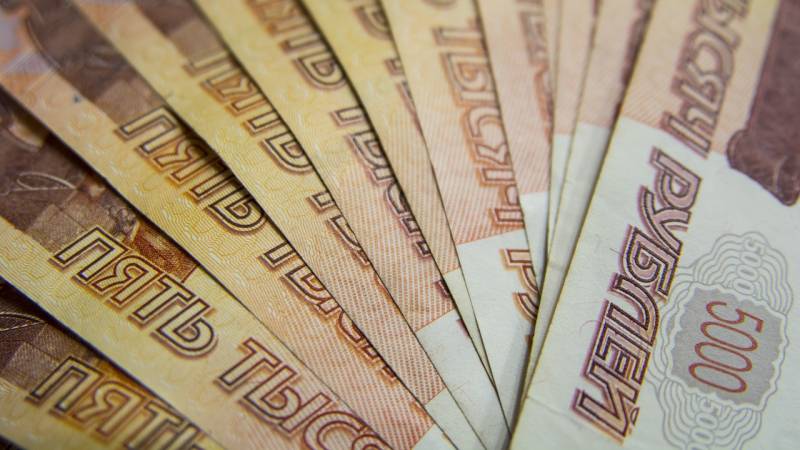The Value of Money: Comparison of the Purchasing Power of Soviet and Modern Russian Rubles

Today, one of the topics that worries Russians is the depreciation of the national currency. After all, this trend directly affects the growth of inflation and, as a result, an increase in prices in stores. Few people today have not paid attention to the fact that the purchasing power of the ruble has dropped quite seriously even compared to the previous year.
However, the Central Bank of the Russian Federation and the government are already taking measures to stabilize the exchange rate of the national currency. Therefore, it is likely that in the foreseeable future the fall of the ruble will stop and the inflation rate will return to the acceptable corridor.
At the same time, some of our compatriots recall the times of the USSR, saying that then one ruble could buy more than 100 now. And it’s hard to disagree.
The author of the Pravda Zhizni channel, Sergei Shumakov, conducted an interesting study that clearly characterizes how much the purchasing power of the Soviet ruble in different years was higher than that of the modern Russian ruble.
In particular, if we compare the prices of goods that could be bought in the USSR for one ruble in 1980 with modern ones, it turns out that one Soviet ruble had a purchasing power of 424 Russian rubles as of August of this year.
But this is not the limit. So, if we compare the modern ruble as of August of this year with the Soviet currency of 1975, it turns out that then 1 ruble could buy as many goods as 566 rubles today. At the same time, in 1970 this ratio was 1/612, and in 1961 - 1/775.
In turn, the author of the study notes that the modern ruble was not always so weak compared to the Soviet one. For example, in 1990, the purchasing power of the Soviet currency corresponded to that of 154 modern rubles.
To be fair, it is worth adding to the above-mentioned study data on the size of average wages in the USSR and the Russian Federation. For example, in the Soviet Union, this figure in Moscow in 1980 was 155 rubles. Therefore, based on the purchasing power of money given above, the average salary in Russia today should be 65 rubles. According to official data, the average salary in the capital today reaches 720 rubles, which is significantly higher than the average for the country as a whole.
Information